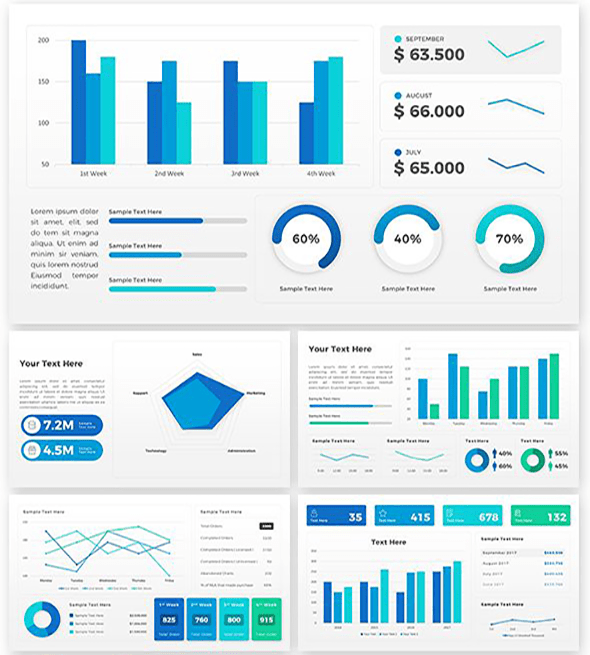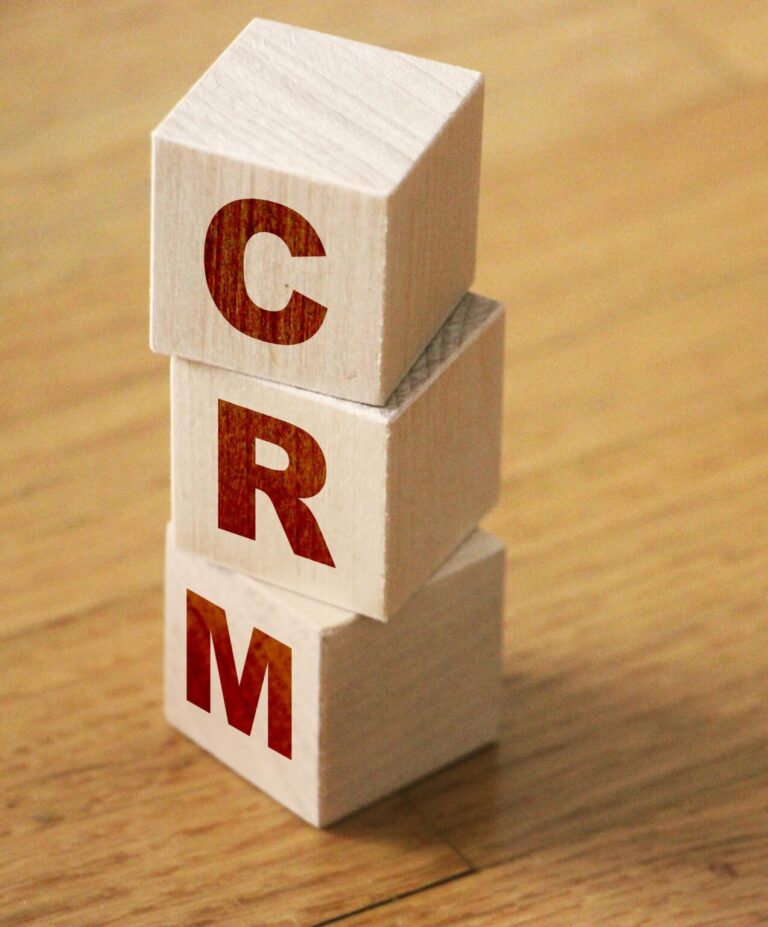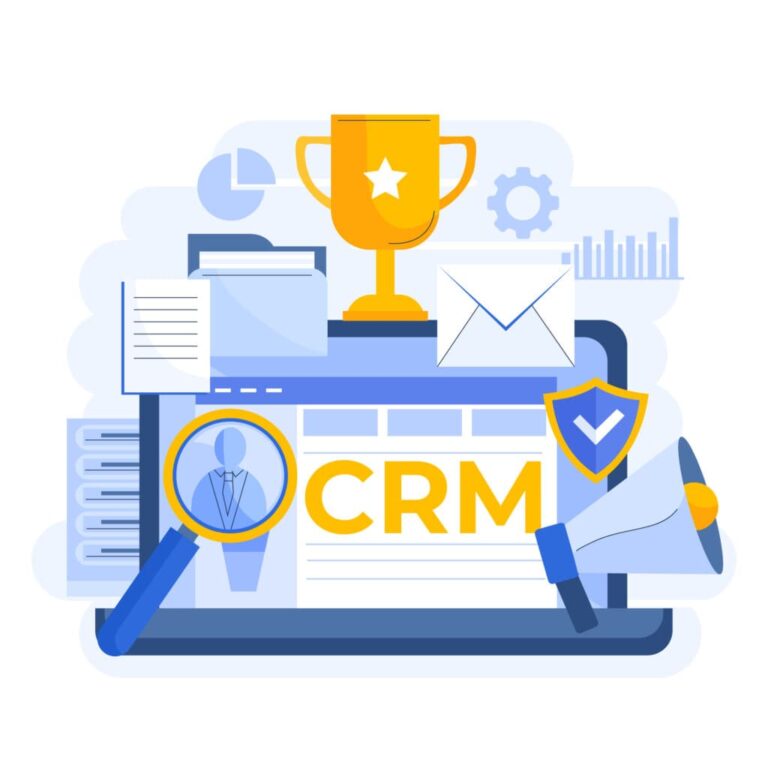CRM
Home » CRM
What is CRM?
What does CRM stand for? CRM stands for Customer Relationship Management, and its purpose is to manage the relationship with customers and respond to their needs and requests in the best way possible. This will make your business more successful.
CRM is a strategy of active interaction and participation with customers. A successful CRM sees the business from the customer’s point of view and considers the customer’s experience in its planning. Looking from the customer’s perspective will help you identify gaps and opportunities in your business and consider more effective strategies and processes for the organization.
It should be noted that CRM is not just software. Today, this topic is reduced to a tool that allows organizations to focus more on activities and relationships related to their customers, buyers, suppliers, and colleagues. However, in reality, the concept of customer relationship management starts at the strategic level, and these software tools facilitate the implementation of the organization’s strategies.

Four types of CRM are used in organizations
Strategic CRM
Shapes your business strategy to be customer-centric and helps you attract new customers while keeping your current customers satisfied and profitable. This strategy plays a significant role in your organization as it establishes customer-oriented organizational processes and culture in your business.
Operational CRM
Manages the operations and automation of customer service processes such as marketing, sales, and after-sales service. This includes how your organization responds to customer needs in different situations when they are in contact with you. For example, it covers how the organization responds to a customer’s request for after-sales service and delivers the expected service. CRM software is helpful in managing large amounts of customer information, related files, etc., more effectively.
Analytical CRM
Involves transforming operational data collected from marketing and customer relations into information that helps your organization make process and strategic decisions. For example, analyzing sales results of various products can help you determine which products and features you should focus on more. Similarly, analyzing customer acquisition results after a marketing campaign can provide insights into how to organize your next campaign more effectively.

Interactive CRM
Serves as the interface between you and the external environment (customers and representatives) and helps you create more value for your customers. These systems enable you to
easily receive feedback from your customers, both positive and negative, listen to their requests, and pass them on within the organization. Communication channels can include telephone systems, email, SMS, chat, etc. In addition to customers, this software can also facilitate communication with your representatives, distributors, and suppliers.
- Is it important for me to implement CRM from a strategic point of view?
- Where are the pain points in my organization?
- Does the organization need accurate management of its information at present?
- What do we want to achieve after implementation?
Furthermore, HBR stated that in the future, CRM will utilize data for prediction and become a proactive tool. Salespeople will also develop the ability to use this robotic assistant.
From designing CRM strategy to implementing CRM software, in order to derive maximum benefit from CRM, your organization must have a detailed plan that includes building consensus among business units, forming teams, managing change, developing a customer engagement strategy, and ensuring user engagement.
In the following, we will review the eight steps AICODEIN suggests can guide you in CRM strategy.
1.Creating Alignment With Business Goals
Ensure that you set your CRM strategy based on your organization’s priorities. To reach this point, identifying the business processes and weak points of the organization in relation to the mission has a crucial role.
To determine the priorities, ask yourself; “What do we want to achieve?”, “What are the short and long-term priorities of our organization and their relationship with CRM?”, and “What are the solutions and their implementation plan and their relationship with CRM?” Make sure that the implementation plan includes financial forecasting and the time required to analyze and implement the solution.
2.Participation and Interaction In the Team
The participation of senior managers will be one of the most important factors in achieving success. How do you attract the participation of managers? When senior managers participate in the design of the CRM strategy and believe that the implemented programs will improve business processes, attract and retain customers, and enhance the organization’s financial indicators. In this case, you will have the support of senior managers, and the probability of your success will increase dramatically.
After determining the general framework, it is important to involve all stakeholders in the design process. However, it is recommended to involve CRM experts because an experienced person in this field will help you see the effects of your solutions in the entire business and choose more effective approaches.
3.Customer Participation
When designing a CRM strategy or customer relationship management, you must consider the customer because ultimately, an effective interaction must be established between you and your customers. Therefore, successful customer relationship management sees the business from the customer’s point of view, and its goal is to deliver the necessary value to the customer. The customer perspective helps you identify gaps and opportunities and adopt new and appropriate strategies and processes for your organization.
The project team understands customer needs by considering their views and opinions and identifies areas that need improvement by assessing the existing processes.
4.Get to know your Business Processes Better
Now that you have determined your improvement solutions, you want to seek assistance from a software system. To make the most of CRM software, your software and processes must be aligned. Therefore, clarify your processes and compare them to the CRM solutions you are evaluating. (Hopefully, you are considering and adhering to best practices in your processes when determining improvements!)
Consider the workflows you need, the applications your CRM needs to integrate with, etc. These considerations will allow you to evaluate the options in question better and have a better estimate of the cost and time required to implement your system.


5.Prioritizing Opportunities
Measure the impact of the solutions on the organization’s revenue and productivity and discuss it with senior managers. Then study the potential return on investment (ROI) of each solution you plan to implement and compare them to each other. Considering all these factors will help you prioritize your solution implementation plan.
For example, if the accounting department can expedite the collection of customer claims by accessing sales data, and this will have a significant impact on the company’s liquidity, you can prioritize the implementation of the solution for them.
6.Consider the Experience and Opinions of your Users
All strategic efforts are useless if employees do not embrace the concept of CRM or customer relationship management. Therefore, gather the opinions and experiences of employees at every step of the way to achieve more success through actionable insights.
Also, add new features that users need to your list of requirements. Of course, not all of them will have high priority, and some may be implemented while others may never be implemented.
7.Determine the Required Integrations at the Software Level
Consider the scenario where one person in your organization should not have to work with several different software. Therefore, determine which software and applications used in your organization you want to integrate and which systems need to be integrated. After reviewing the programs you need, establish a strategy for data integration, as it greatly aids in managing information.
8.Monitoring, Follow-up, Analysis, Optimization, Evaluation
Start by determining the customer relationship management strategy, implementing the solutions, and regularly examining the outcomes. Look at the various positive effects of CRM (customer relationship management) on your business, identify areas that require improvement, and make regular revisions and corrections. Connect with different departments of the organization at various time inte
The purpose of CRM (Customer Relationship Management) is to help businesses expand their relationships with existing customers, attract new customers, and provide excellent customer care.
CRM software assists companies in understanding and meeting customer expectations by gaining a correct understanding of their needs and feelings. It enables businesses to register and manage a large number of customers, track their interactions, monitor communication history, and analyze customer data. By doing so, businesses can communicate with customers more effectively, personalize experiences, exceed customer expectations, and build long-lasting relationships.
What is the purpose of CRM?
Statistical reports from SAP highlight the importance of CRM for businesses based on the following criteria:
- Increasing customer retention by 5% can lead to a 95% increase in profits.
- Companies excelling in providing customer experience perform better in the market.
- 80% of CEOs believe that CRM software enhances the customer experience.

As businesses grow, it becomes crucial to have a future-oriented strategy and identify sales goals and profitable sources. However, interpreting data from sales, after-sales service, marketing, and social media monitoring can be challenging. CRM software provides a comprehensive view of customers, presenting all necessary information in a single customizable dashboard. This includes the history of previous customer communications, order statuses, provided services, and more.
According to reports from Oracle, companies aiming to lead in their markets must promptly respond to customer demands and needs. Customer experience has become the primary competitive advantage. A well-planned CRM strategy enables companies to create exceptional customer experiences, increase customer loyalty, attract new customers, and succeed in a competitive environment.
Effective customer communication forms the foundation of business success. How businesses manage customer relationships and create professional customer experiences heavily relies on the state of their CRM. Access to deep customer knowledge and its utilization throughout the customer journey are essential. CRM software facilitates the collection and management of customer information, enabling businesses to transform customer interactions into a seamless and integrated process.
How does CRM work?
The function of CRM (Customer Relationship Management) can be summarized as follows
Attracting Potential Customers
CRM helps in planning and executing strategies to attract potential customers. It allows businesses to track leads, manage marketing campaigns, and convert prospects into customers.
Developing Customer Relationships
CRM focuses on building and nurturing strong relationships with existing customers. It enables businesses to understand customer needs, provide timely support, and offer personalized services to enhance customer satisfaction and loyalty.
Customer Maintenance and Care
CRM facilitates ongoing communication and engagement with customers. It helps in cross-selling and upselling by identifying opportunities to offer additional products or services to existing customers.
CRM answers various questions related to customer interactions, marketing efforts, sales performance, customer engagement, and more
Some common questions that CRM can address include
- What is the history of my interactions with customers? What sales and transactions have taken place with each customer?
- What is my plan to attract potential customers? When should I contact them?
- Which marketing channels are most effective in attracting customers?
- How successful were we in attracting customers from recent exhibitions or campaigns?
- What is the current status of sales? What activities should be undertaken to promote these sales?
- Which customers have not been in contact for a long time? Why? When should we reconnect with them?
- What are the reasons for unsuccessful sales? Which products or services are associated with more sales failures?
- Who are my top customers? When was their last purchase, and when should follow-up be conducted?
- What is the status of pre-invoices and sent invoices? Are financial follow-ups being done on time?
- What is the progress status of ongoing projects? How far has each stage of the project advanced?
- What is the status of customer issues or problems? Are we providing timely and satisfactory support to address their concerns?
CRM helps businesses gain insights into customer interactions, sales performance, marketing effectiveness, and overall customer satisfaction. By answering these questions, CRM enables businesses to make data-driven decisions, improve customer relationships, and optimize their operations.
At AICODEIN, we pride ourselves on our team of seasoned experts who possess in-depth knowledge and extensive experience in the realm of Customer Relationship Management (CRM). Our primary objective is to provide your business with comprehensive guidance and support in developing and implementing the most effective CRM strategy tailored specifically to your unique needs.
With a keen understanding of the ever-evolving market dynamics and the crucial role that CRM plays in fostering meaningful customer relationships, our team is well-equipped to navigate the complex landscape of CRM solutions. We recognize that each business has its own set of challenges and goals, and we approach every client engagement with a customized approach.
From the initial consultation phase to the final implementation and beyond, our experts will work closely with you to gain a thorough understanding of your business operations, customer base, and desired outcomes. Drawing upon our expertise, we will analyze your existing systems and processes to identify areas for improvement and recommend the most suitable CRM solutions to meet your objectives.
Partnering with AICODEIN for your CRM needs means accessing a wealth of knowledge, expertise, and a results-driven approach that will empower your business to forge stronger customer relationships, enhance operational efficiency, and drive sustainable growth. Trust our team of experts to guide your organization towards CRM success and unlock the true potential of your customer-centric initiatives.

Contact us today to embark on a transformative journey towards an optimized CRM strategy that will elevate your business to new heights
FAQ CRM
CRM, short for Customer Relationship Management, is a strategy and technology that businesses use to manage interactions and relationships with customers. It involves the use of software systems and data analysis to gain insights into customer behavior, preferences, and needs, enabling businesses to deliver personalized experiences and improve customer satisfaction.
Implementing CRM offers numerous benefits for businesses, including improved customer satisfaction, enhanced sales performance, targeted marketing campaigns, efficient customer service management, and data-driven insights for decision-making.
Common challenges in CRM adoption include resistance to change, insufficient training, data quality issues, lack of user engagement, integration challenges, and inadequate management support. Overcoming these challenges requires effective communication, training, and stakeholder involvement.

